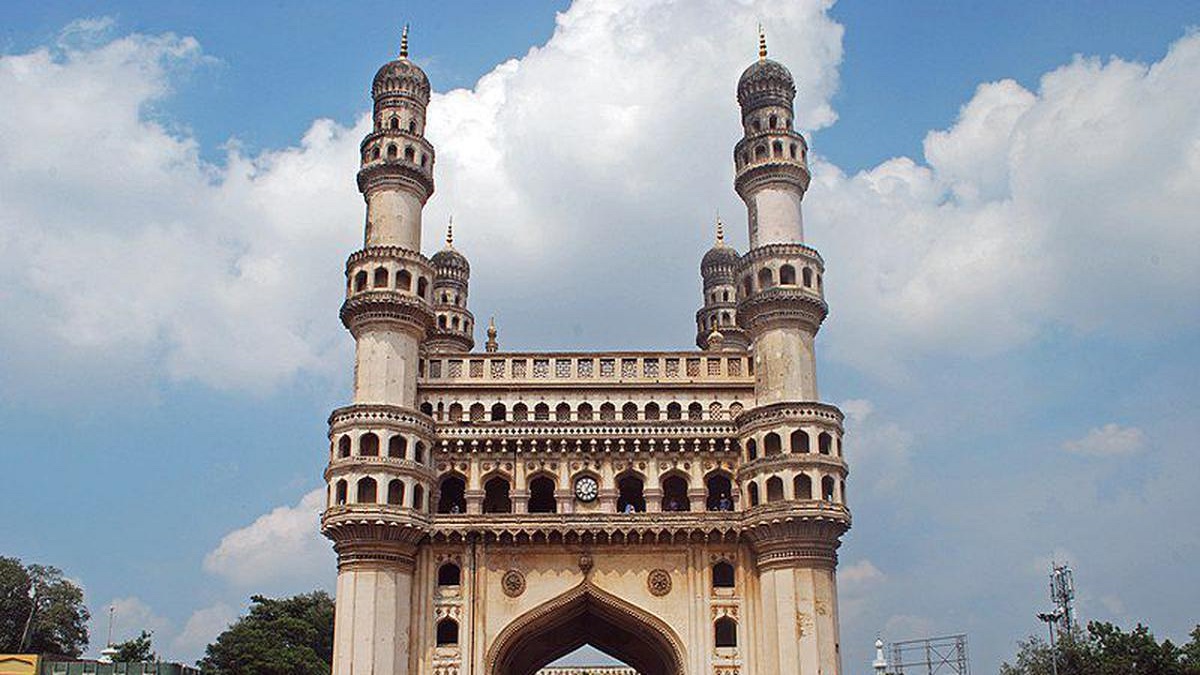


Markets are vibrant and buzzing with people. The city suddenly turns into a nightlife hub with locals visiting restaurants and other public places till the fasting resumes in the dawn. People throng at pearl and bangle shops; Haleem would have a long queue of people waiting to savour its biryani. Individuals, organisations, political parties and even the government would be busy organising iftar, highlighting communal harmony in the city. But this year, eerie silence prevails everywhere in Hyderabad. Ramzan is not being celebrated in public due to strict lockdown imposed by the government, and people are seen co-operating with it. Historic Charminar and holy Mecca Masjid are locked. And except municipal workers and police no one could be seen in the Old City. The coronavirus pandemic has taken the lustre out of Hyderabad as this year’s Ramzan wears a deserted look.
“I don’t remember facing this kind of situation in Hyderabad during Ramzan. Actually, this would be the busiest season for us, and we import different cloths from abroad and sell here. But this year we have to close our business,” said Abid Mohiuddin of Maqdoom Brothers, a well-known cloth merchant near Charminar. “We have not seen a foreigner near Charminar for the last two months,” he added. It was more than a hundred years—in 1908 to be precise— when Ramzan was last not celebrated in the city due to massive floods in Musi river which had killed over 15,000 people.
Similar lockdowns were also imposed in the princely state of Nizam during the outbreaks of Cholera and Plague in the 19th and early 20th centuries. Nawab Najaf Ali Khan, the grandson of the seventh Nizam, said: “The curbs were imposed in 1866 and 1908. Trains and caravans were stopped. Special passes were issued at that time. Nizam Nawabs used to give paid holiday to employees and compensated the public during those disease outbreaks. The migrant workers were paid in advance.” There were sceptics who thought the lockdown orders won’t work during Ramzan, but they proved wrong. People in Hyderabad have chosen to abide by rules to fight Covid-19 by keeping their Ramzan fervours confined to homes. It’s a bit disappointing that we cannot hold prayers at masjids, but it’s our duty to follow lockdown rules. So, we offer prayers at home with family members,” said Moin Khaza, a young MBA holder.